customized fake IDs
Introduction: A Glimpse into the World of Customized Fake IDs
The world of fake IDs has undergone a significant transformation over the years. What once may have been seen as a crude and risky endeavor has now morphed into a sophisticated market, with companies offering high-quality, customized fake IDs for various purposes. Whether for novelty use, online entertainment, or circumventing age restrictions, these counterfeit products have found a niche that continues to grow as technology evolves.
This article delves into the customized fake ID industry, exploring its rise, the features that distinguish it, and the market analysis of this thriving segment. Additionally, we will look at who the target audience is, the product's appeal, and the various uses that go beyond illegal activities.
Chapter 1: The Evolution of Fake IDs
1.1 The Early Days of Fake Identification
Fake IDs have been around for decades, with their roots tracing back to simple forgery. In the past, counterfeit identification was often limited to poor-quality replicas made by unscrupulous individuals. These IDs were typically created to bypass age restrictions at bars, clubs, or to buy alcohol and cigarettes. The technology used in their creation was rudimentary, and as a result, they were easy to detect by law enforcement and businesses that enforced age-verification processes.
However, the demand for fake IDs never waned, and as technology advanced, so did the quality of these counterfeit products.
1.2 The Technological Revolution: From Basic to High-Tech
Today’s customized fake IDs are miles ahead of their predecessors. With the advent of high-resolution printing, advanced holographic features, and laser-engraving technologies, fake IDs have become virtually indistinguishable from real government-issued identification. Specialized companies and underground networks have perfected the craft, offering fake IDs that replicate the look and feel of real IDs from various countries.
Moreover, customization options now allow customers to choose from a variety of personal features such as name, photo, height, and eye color, mimicking the format and data fields of legitimate identification cards.
Chapter 2: Features of Customized Fake IDs
2.1 Design and Personalization Options
One of the most attractive features of customized fake IDs is the ability to design a product tailored to individual specifications. These IDs can be made to look like a wide range of official documents, such as driver's licenses, student IDs, or national identity cards. Customers can choose from various templates that resemble specific states, regions, or countries. Each card may feature:
- Custom Photos: Users can upload their own photos, often adhering to specific size and resolution guidelines.
- Unique Information: Personal details such as full name, date of birth, address, and physical descriptions are fully customizable.
- Embedded Security Features: Many fake IDs incorporate holograms, barcodes, and UV patterns to mimic the security features of genuine identification cards.
2.2 Quality and Durability
Modern fake IDs are made using high-quality materials such as polycarbonate, PVC, or Teslin, ensuring they last longer and resemble legitimate IDs in both texture and durability. Advanced printers and software ensure the IDs are produced with precision, including features like raised lettering, microprinting, and high-definition images. These enhancements allow fake IDs to pass visual inspections in dimly lit environments, such as nightclubs or bars, where scrutiny may not be as thorough.
2.3 Legal Disclaimers: Novelty and Entertainment Purposes
Reputable companies offering customized fake IDs often present them as products for novelty or entertainment purposes only. This is a critical distinction, as the production or use of fake IDs for illegal activities can lead to severe legal consequences. Many of these companies market their products for private use, like prank gifts, photo props, or movie productions, but the reality is that customers may use them in less benign contexts.
Chapter 3: Market Analysis and Growth Factors
3.1 The Rising Demand for Customized Fake IDs
The demand for customized fake IDs has risen dramatically over the past decade. This surge can be attributed to several factors, including the growth of e-commerce, the widespread availability of customization tools, and the anonymity provided by the internet. Here are some of the key drivers behind the booming market:
- Online Anonymity: People seek fake IDs for use in online spaces where age restrictions apply, such as gambling websites or adult content platforms.
- Age Restrictions: In countries with strict age limits for alcohol, tobacco, and club entry, young adults look for fake IDs to circumvent these barriers.
- Globalization: As people travel more and international borders become more porous, there is a growing need for IDs that can serve various purposes across countries, albeit illegally in some cases.
3.2 Market Players and Their Strategies
The customized fake ID market is comprised of numerous players, ranging from small, obscure websites to larger operations that specialize in high-end, premium IDs. Most of these companies employ sophisticated marketing strategies that focus on the reliability and quality of their products, offering guarantees like fast shipping, discrete packaging, and customer support.
To stay competitive, many companies also offer bundle deals, where customers can order multiple IDs at a reduced price, as well as discounts for repeat clients.
3.3 Pricing Models
The cost of customized fake IDs varies widely depending on the quality, the features offered, and the country of origin. Generally, prices range between $50 and $300, with higher-end IDs incorporating more sophisticated security features and customization options. Some companies also offer expedited services for an additional fee, promising delivery within days instead of weeks.
Chapter 4: The Target Audience for Customized Fake IDs
4.1 Demographic Insights
The target audience for customized fake IDs is diverse, spanning different age groups and regions. Here’s a breakdown of the primary groups:
- College Students and Young Adults: The largest demographic using fake IDs consists of young adults aged 18-24, particularly those in college. These individuals often seek fake IDs to access alcohol, enter clubs, or partake in activities that require them to be 21 or older.
- Online Users: A growing segment of the fake ID market includes individuals looking to use fake identification for online purposes. This may involve creating false profiles, bypassing age-restricted sites, or participating in activities anonymously.
- Entertainment Industry: Some users purchase fake IDs for legitimate entertainment purposes, including film productions, theater performances, or as novelty gifts.
4.2 Geographic Trends
While the use of fake IDs is prevalent across the globe, certain regions have higher demand due to cultural, economic, or legal factors. In countries where the legal drinking age is set at 21, such as the United States, the market for fake IDs is particularly strong. In contrast, countries with lower age restrictions may see less demand for such products.
Chapter 5: Risks and Ethical Considerations
5.1 Legal Implications
Although customized fake IDs are often marketed for "novelty" purposes, using them for illegal activities comes with severe legal consequences. In many countries, the mere possession of a fake ID is a crime, punishable by fines, jail time, or both. Selling or manufacturing fake IDs is an even graver offense, often categorized under forgery or fraud.
Fake IDs can also lead to significant ethical concerns. By producing or using counterfeit identification, individuals contribute to a black market economy, which can fuel other criminal activities, such as identity theft or human trafficking.
5.2 Business and Consumer Responsibility
For businesses, the risk of accepting a fake ID is substantial. If caught serving alcohol or other restricted items to minors, companies may face heavy fines or the loss of their liquor licenses. As a result, many establishments are investing in advanced ID verification technology, such as scanners that detect fraudulent IDs through barcode analysis or UV light inspection.
For consumers, it’s essential to recognize that purchasing a fake ID carries risks beyond legal ramifications. The anonymity of the internet can result in scams, where buyers receive low-quality products, no products at all, or are subject to phishing schemes.
Chapter 6: The Future of the Customized Fake ID Market
6.1 Technological Advancements
As technology continues to evolve, so too will the capabilities of those producing fake IDs. Advances in artificial intelligence, biometric identification, and blockchain technology may eventually curb the ability of counterfeiters to create believable fake IDs. However, it’s also possible that these same technologies will be exploited to create even more sophisticated counterfeits.
6.2 Potential Market Shifts
The future of the customized fake ID market will likely be shaped by changes in legislation, technology, and consumer demand. With increasing government focus on tightening security measures and cracking down on fraudulent identification, the market may face more scrutiny and regulation. Yet, as long as there is a demand for circumventing age restrictions or maintaining online anonymity, the customized fake ID industry is expected to persist.
Conclusion: The Double-Edged Sword of Customized Fake IDs
In conclusion, the world of customized fake IDs is complex and multifaceted, encompassing both novelty and illegality. While these products offer creative customization and entertainment value, they also carry significant risks, both legally and ethically. The market continues to thrive, driven by demand from young adults, online users, and entertainment industries. However, as technologies to detect fake IDs improve, the future of this industry may see significant changes.
The allure of customized fake IDs is undeniable, but consumers and businesses alike must weigh the consequences of their actions. Whether for harmless fun or more dubious purposes, fake IDs remain a double-edged sword in modern society.
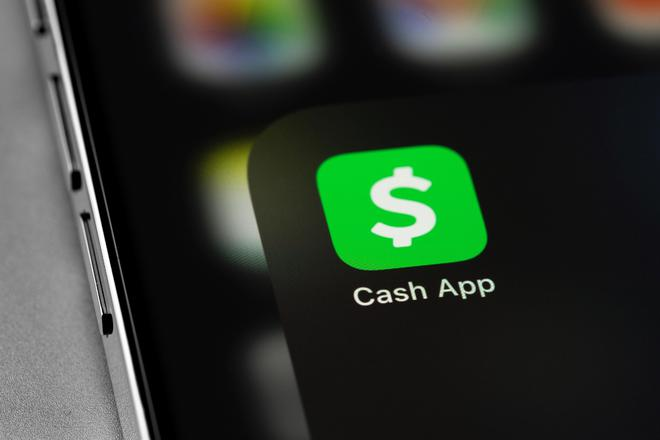 novelty ID
novelty ID
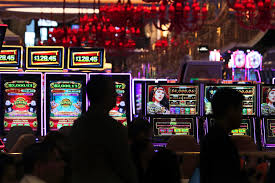 buy fake ID
buy fake ID
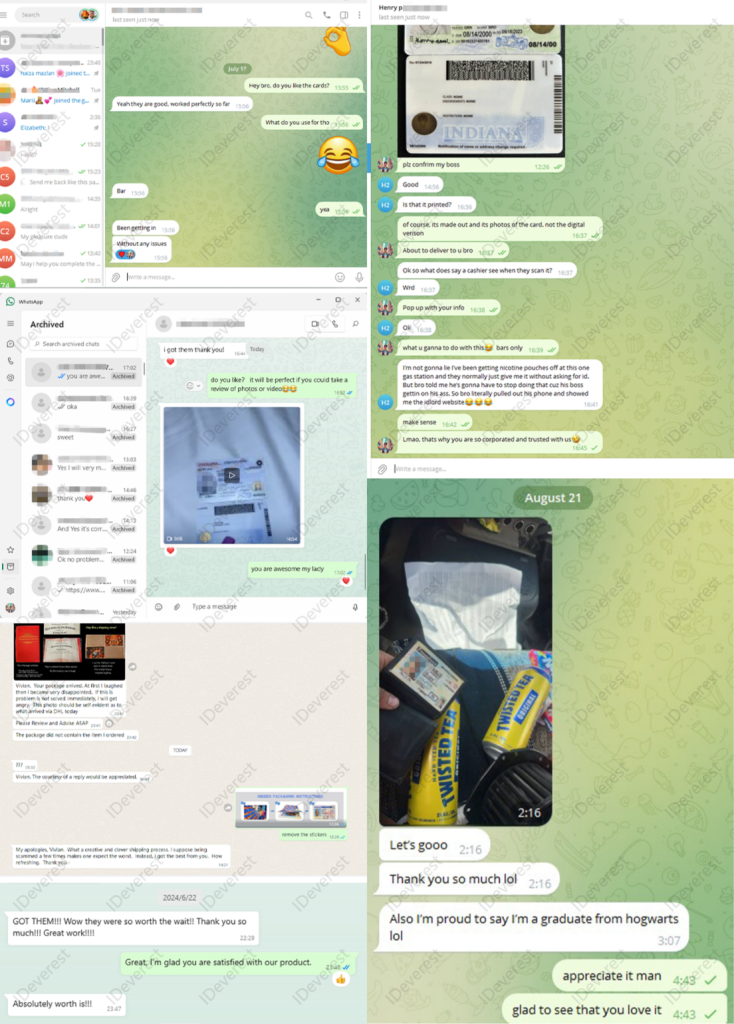 digital ID creation
digital ID creation
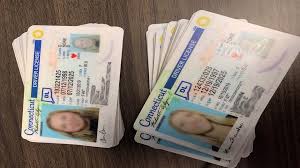 ID benefits
ID benefits
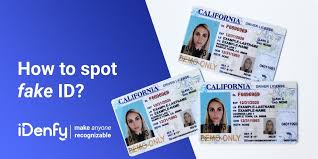 realistic Florida ID
realistic Florida ID
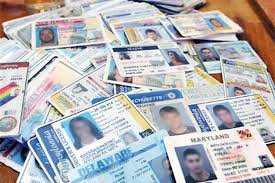 Iowa state ID
Iowa state ID
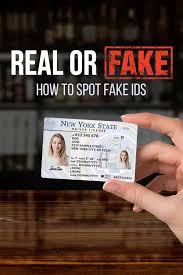 ID photo tool
ID photo tool

